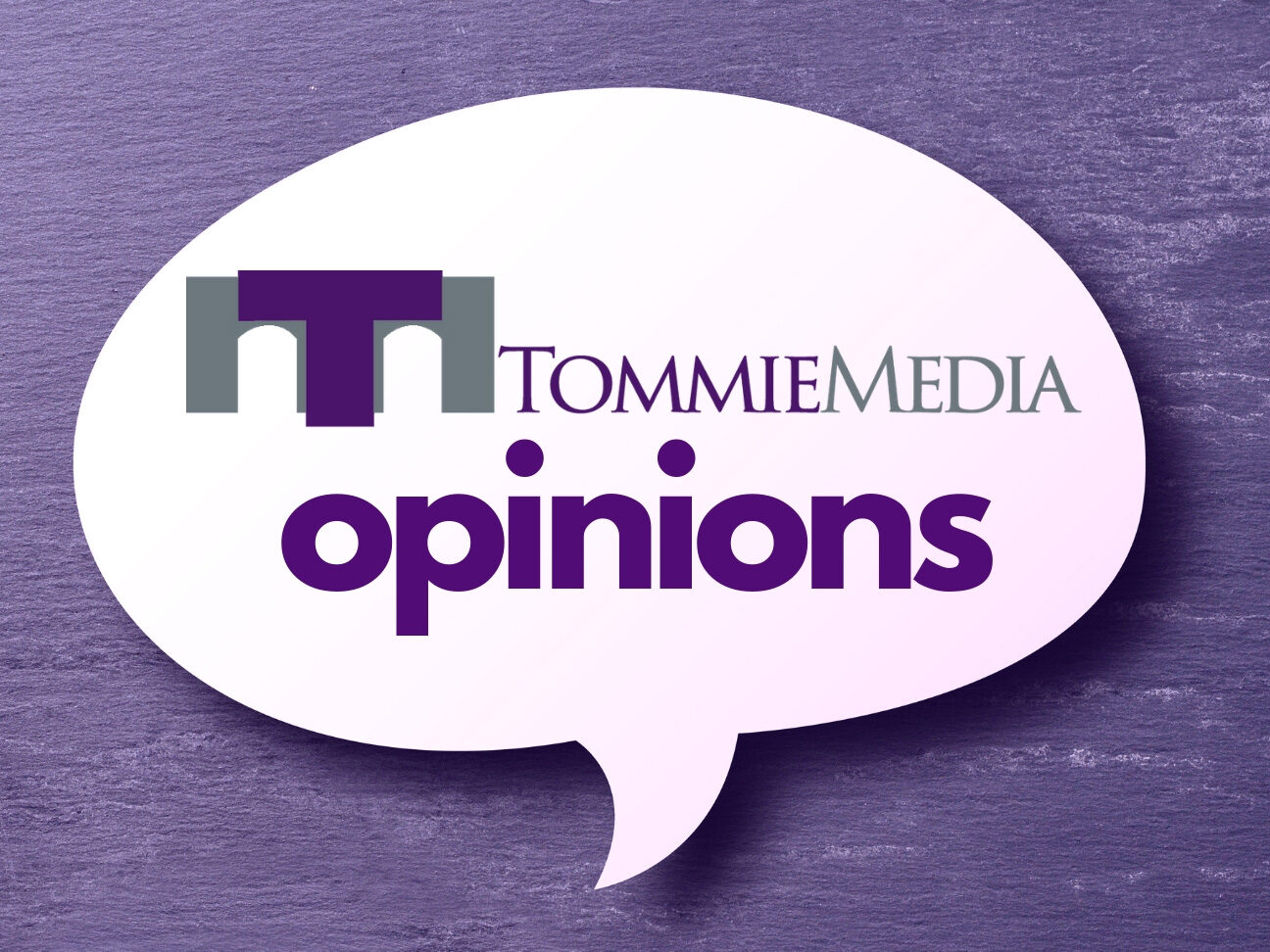Seventy years ago, anxious Americans fell prey to a demagogue’s outlandish claims.
A non-existent list of 57 communists within the State Department created a culture of suspicion and mistrust, turning neighbor against neighbor and tearing Americans apart at a time when they should have been working together. This demagogue attacked our bipartisan system and now bipartisanship is once again at risk as the impeachment inquiry further divides the country.
Wisconsin Sen. Joseph McCarthy exploited the anti-communist sentiments of the Cold War to fuel his 1950 senatorial race. In his Wheeling, Va. speech, the Republican sparked national paranoia with his claim that the Soviet spies had infiltrated the State Department.
Thus, McCarthyism was born.
Once re-elected to the Senate, McCarthy became head of the Committee on Government Operations and launched an expansive investigation into the Soviet espionage within the federal government. In response to his accusations, President Harry Truman organized the Tydings Committee to investigate his claims. The final report discredited McCarthy’s list and declared him a “fraud and a hoax.”
But the fear had already taken root. It wasn’t until 1954 when McCarthy targeted the U.S. Army that his credibility was truly undermined.
McCarthyism was able to subsist for so long because his fellow Republicans recognized the popularity he brought to their party. Those who secretly wanted his defeat didn’t want to take the risk of openly confronting him.
They recognized an opportunity to make America a Republican nation and applauded McCarthy’s accusations that the Democrats had committed “twenty years of treason.”
Today, Republicans once again have the choice to either stand behind a demagogue for the sake of their own party or risk political consequences to call out the falsehoods. In the face of the 2020 elections, it’s appearing as if they will silently support the incumbent to maintain party control.
Democrats have seized the impeachment hearings to end a reign of terror that included many accusations against their own party members.
President Donald Trump alleged that House Speaker Nancy Pelosi “hates the United States of America” because of the impeachment inquiry against him.
He accused Pelosi and House Intelligence Committee Chairman Adam Schiff of “treason.”
He declared Democrats who refused to applaud his 2018 State of the Union address “treasonous” and “un-American.”
The political system has turned into a fight for power between the two parties, placing party control on a higher agenda than the good of the nation. That’s why Republicans went along with McCarthy and why they’ve gone along with Trump. Their wild accusations and ability to garner popular support benefits the party.
As the saying goes: “Any publicity is good publicity.”
We saw this for McCarthy in his reckless allegations, and we saw it for Trump during the 2016 election season. The media was enamored with their outlandish personalities and produced headline after headline about them, which in turn brings attention to their party.
With Republicans afraid to ruin things for the party, it’s important to point out that disagreeing with Trump does not equate to treason. So as the impeachment hearings continue, let us remember CBS newsman Edward Murrow’s words: “We must not confuse dissent with disloyalty.”
Kayla Mayer can be reached at maye8518@stthomas.edu.




